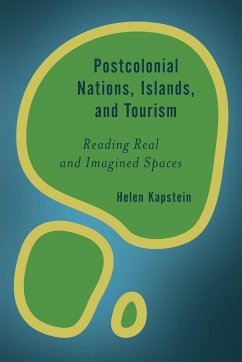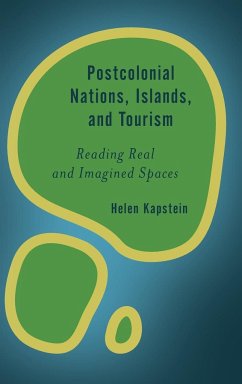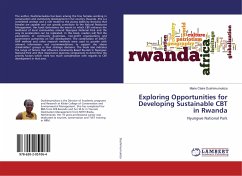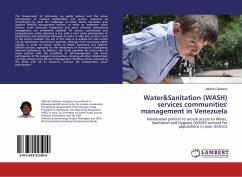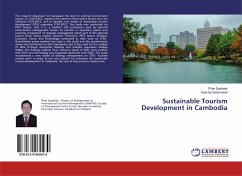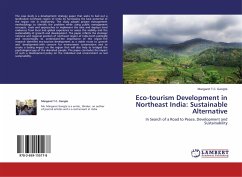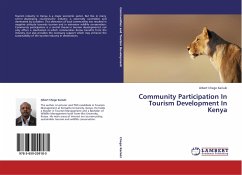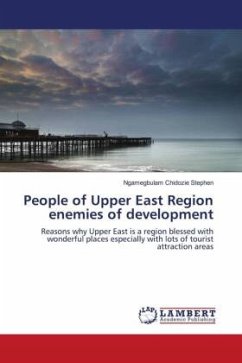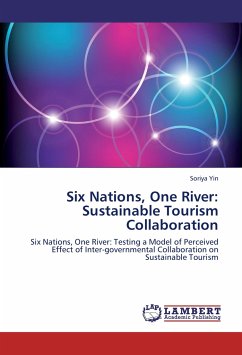
Six Nations, One River: Sustainable Tourism Collaboration
Six Nations, One River: Testing a Model of Perceived Effect of Inter-governmental Collaboration on Sustainable Tourism
Versandkostenfrei!
Versandfertig in 6-10 Tagen
39,99 €
inkl. MwSt.

PAYBACK Punkte
20 °P sammeln!
Collaboration is one of the most frequently recommended strategies to address many global issues such as climate change, spreading diseases, and terrorism (Gray, 1989) but, does it work for sustainable tourism? The study tested a model of inter-governmental collaboration as it relates to sustainable tourism. Three hundred and fifty nine government officers from the Greater Mekong Sub-region in Southeast Asia participated in an online survey regarding the relationship of sustainable tourism and collaboration. Structural equation modeling (SEM) analyzed survey data. Empirical results reveal a mo...
Collaboration is one of the most frequently recommended strategies to address many global issues such as climate change, spreading diseases, and terrorism (Gray, 1989) but, does it work for sustainable tourism? The study tested a model of inter-governmental collaboration as it relates to sustainable tourism. Three hundred and fifty nine government officers from the Greater Mekong Sub-region in Southeast Asia participated in an online survey regarding the relationship of sustainable tourism and collaboration. Structural equation modeling (SEM) analyzed survey data. Empirical results reveal a modified model with eight constructs and twenty three indicators that appears to be a better fit to the data set than the proposed model. Inter-governmental collaboration was redefined by four factors rather than eight and significantly influenced sustainable tourism. The overall fit of the modified structural equation model and the acceptable-to-high standardized loadings of the constructs suggest empirical support for a relationship between inter-governmental collaboration and sustainable tourism.



